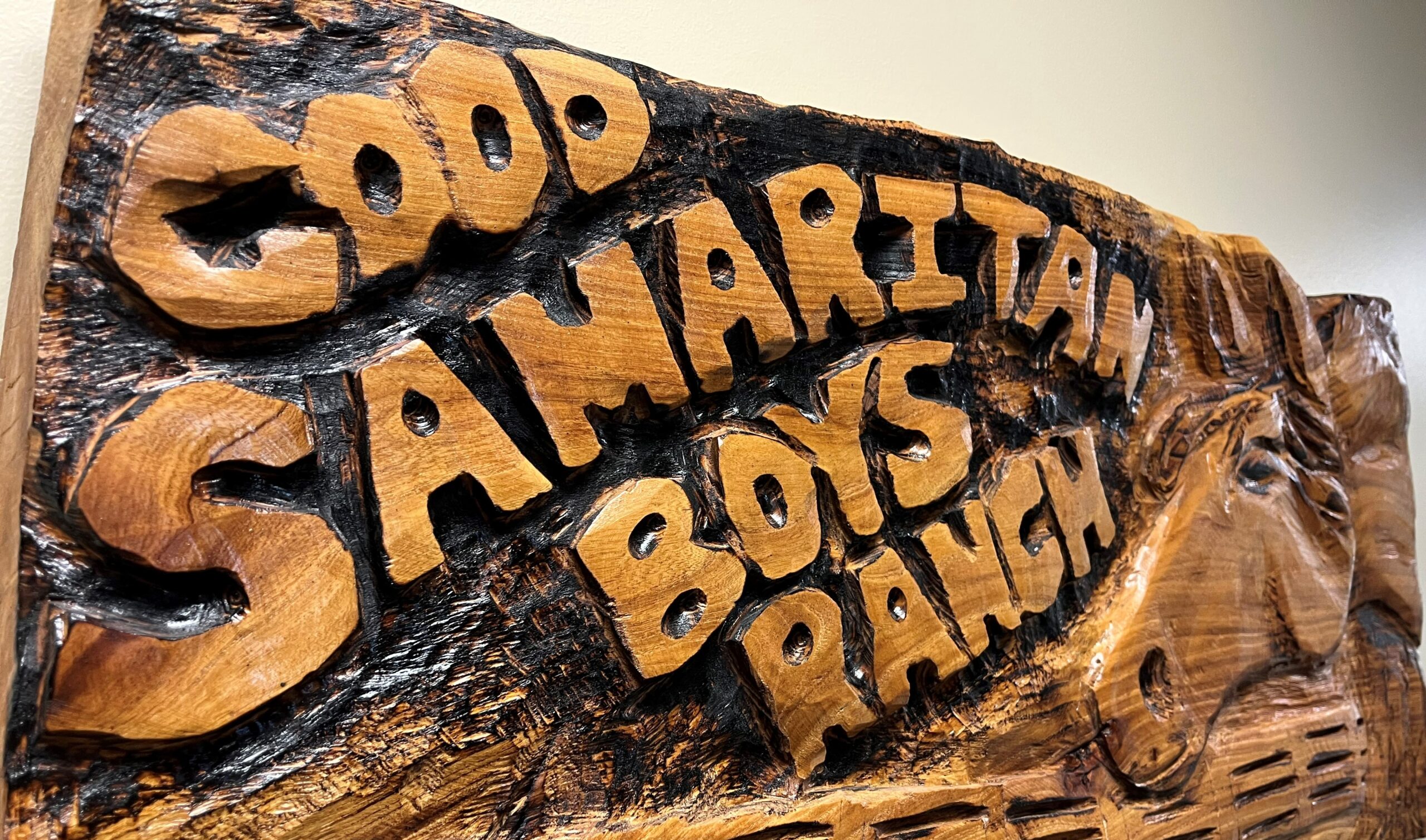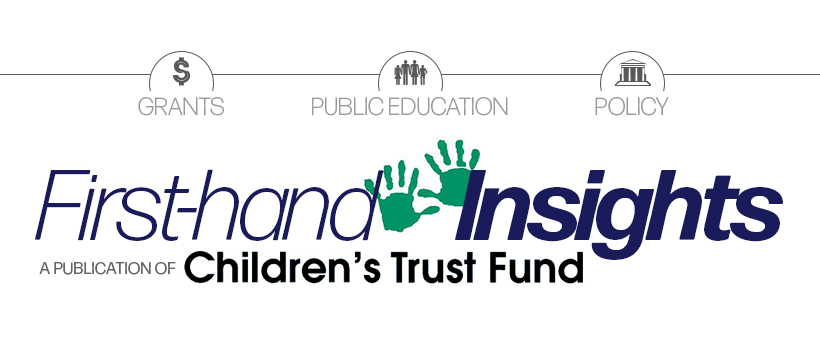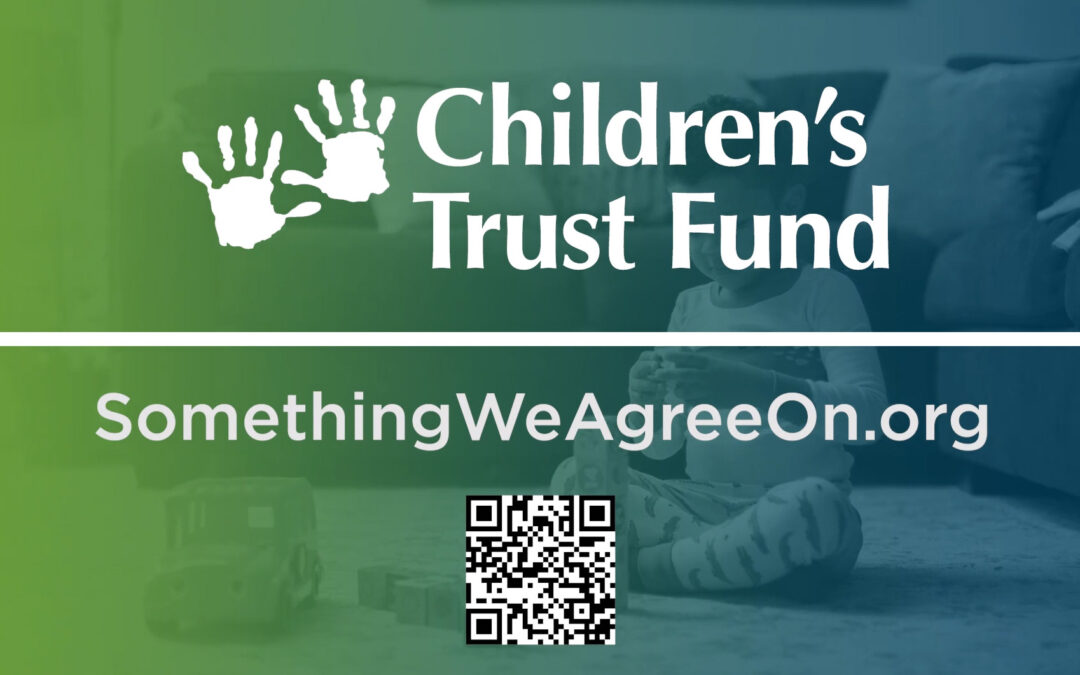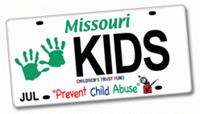
HERO HIGHLIGHTS:
A conversation with leadership at Good Samaritan Boys Ranch – Activating the Good
BRIGHTON, Mo — Good Samaritan Boys Ranch is more than just a ranch. The organization offers services including transitional group homes, community-based apartments, Family Services Satellite Offices, and even services like home visiting for young mothers.
However, Good Samaritan Boys Ranch is most well-known for its original ranch off Highway K in Brighton, Missouri that primarily helps youth who exhibit problematic sexual behaviors, often referred to as PSB.
The Ranch’s Catalyst Program, previously called the Sexually Abusive Youth (SAY) Program, is now under the direction of Ashley Fletcher, LCSW. The program helps youth with problematic sexual behaviors, a demographic that makes up a significant yet widely concealed and misunderstood portion of sexual offenses, using individual, group, and family therapy models among other treatment modalities.
The renaming of the program gets at the heart of what Ashley and the rest of the ranch want to convey: These kids are not defined by their past behaviors.
“The kids we serve in the Catalyst Program deserve all the credit for choosing to look within themselves and make difficult changes. We don’t get the credit for that,” Ashley says. “Sure, we help create an environment and opportunity for growth, but the program is only the catalyst for that change. It’s the willingness of these kids to take incredibly brave steps in their own treatment process that ultimately creates that change.”
Ashley estimates 80-85% of the boys at the ranch are there for problematic sexual behavior (PSB) treatment at any given time, but all of them have experienced some form of trauma.
Chief Operating Officer, Matt Moncado, describes the ranch in a nutshell: “It’s a place for kids who’ve been traumatized who need treatment.”
For youth with sexual behavior problems, Ashley says there is no “one-size-fits-all” approach to effective treatment. The Catalyst Program creates individualized treatment plans for each client and family; addressing the trauma that is so often at the root of these behaviors, while also helping the boys begin to see themselves in a more positive light.
Boys in the Catalyst Program learn about the impact of their behaviors, and they also begin to visualize a more positive future for themselves. They begin to realize they’re worthy of such a future, and they are assisted in taking steps toward achieving the future they want: “Activating the Good,” as the ranch fondly describes.
According to Darkness to Light, an organization dedicated to ending childhood sexual abuse, as many as 40% of children who are sexually abused are abused by older or more powerful children. Furthermore, the peak age for youth offenses against younger children is early adolescence: 12-14 years old. These experiences are not isolated incidents, and Good Samaritan Boys Ranch offers the sense of community and support these families and victims need to heal.
What many people don’t understand about boys who have been sexually abusive is they are very unlikely to continue these behaviors as older teens and adults and can almost always go on to lead happy, fulfilling and productive lives, especially with proper treatment (D2L.org).
“They’re just kids,” says president and CEO at the ranch, Casey Wray.
Before becoming CEO of the ranch in January 2020, Casey worked his way through the organization for 18 years, beginning as a Residential Therapist, then Director of Transitional Living Services, and then Vice-President of Operations. He has built a career helping children and families regain a sense of hope, heal from PSB, Sexual Boundary Violations, and Trauma.
CTF team members Bryanna Barber and Tara Goins spoke to Casey and Chief Operations Officer, Matt Moncado, at length late last year. We have also spent considerable and intentional time with Catalyst Program Director, Ashley Fletcher, LCSW to hone the direction and message of this story. The following is a small sample of these challenging and thought-provoking conversations, which have been extensively edited for length, brevity, and clarity:
. . .
Q: What are some of the challenges you face here?
I think we need to be careful about what our kids are exposed to. I don’t think we need to be fearful or prude, but I firmly believe that pornography is at the root of this. We have to be honest about it and have awareness of the risks and the escalation of behavior. It also doesn’t mean that every kid who looks at pornography is going to do these things, but if they’ve been traumatized, and exposed to things, I think a lot of times they’ll be more likely to struggle.
As soon as PSB is no longer an issue, I will celebrate that, and we will go full force into whatever else we can do for kids and families on the prevention side. I think there are some things we can do to curtail some of these sexual behaviors before we see identified victims. It’s going to take some destigmatizing, education, some awareness building within communities to understand these issues.
Q: What do you wish everyone understood about these sorts of behaviors among youth?
I wish everyone understood the nature of where it comes from and that we really try to address that in our Catalyst Program: Trauma is the reason. To understand any struggle, it begins with trauma. If we begin with that conversation, it makes it so much easier to empathize, understand and meaningfully support these kids.
I would also go back to the fact that it’s a health issue; and, guess what: We’ve all got health issues. If I frame it like that, it becomes a more accessible concept.
Also, we want people to understand these youth can still go on to have happy and healthy lives. They can get better. These behaviors are not an indication that these youth will always present a risk to the community.

More About Casey Wray, CEO of Good Samaritan Boys Ranch
Before becoming CEO of the Ranch in January 2020, Casey Wray was the Vice President of Operations for 16 years and worked as a Residential Therapist prior to that. He has built a career helping children and families heal from PSB, Sexual Boundary Violations and Trauma.
Casey believes and imparts among his team that trauma is the root of the issue: They’re just kids.
Learn more about the ranch at Ranchlife.org






